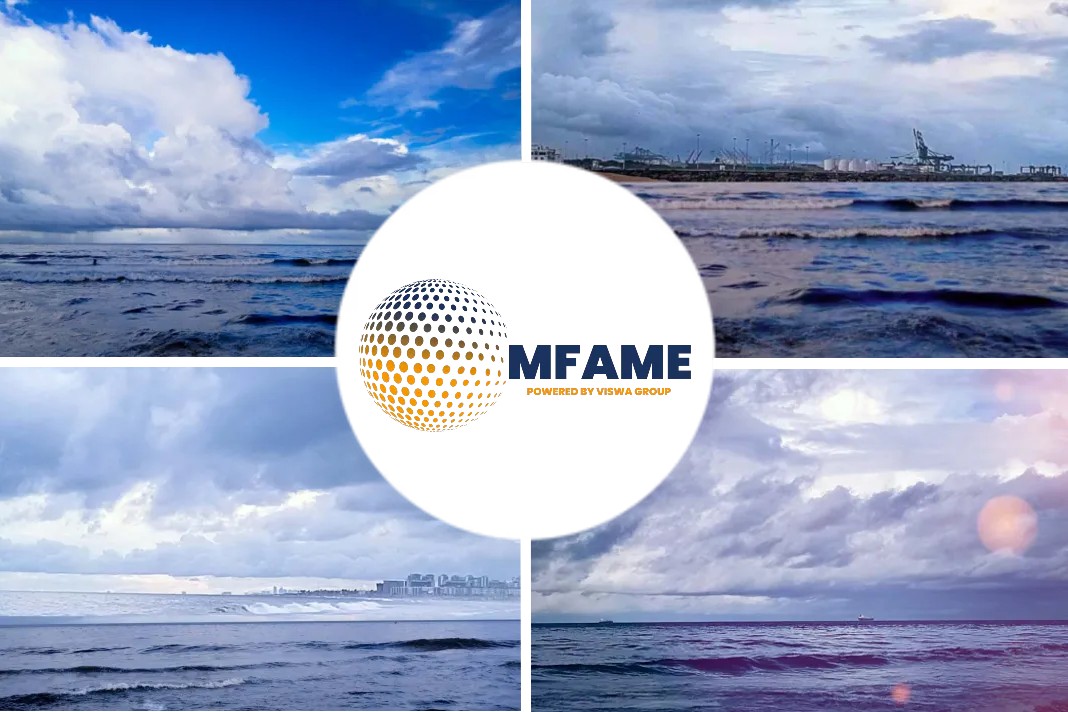
Cargo consolidators turn to FCL as global market dynamics change, states a Loadstar news source.
Containerload (LCL) NVOCCs and traditional freight forwarders
The pandemic-linked supply chain disruption undeniably boosted the niche less-than-containerload (LCL) NVOCCs and traditional freight forwarders.
But the then acute equipment and vessel space scarcity problems seem to be fading in some regions as ocean capacity far outstrips demand, and freight rates are now lower than pre-covid levels.
So Mumbai-based cargo consolidation service leader Allcargo, the parent company of ECU Worldwide, says it has has reinvented its business strategies to adjust to the new market reality. With the LCL downtrend becoming more pronounced, the Indian NVO heavyweight is more focus on full-containerload (FCL) bookings to sustain volume levels.
The move comes after its global network saw September LCL volumes fall 4% month on month to 1% below a year earlier, despite incremental contributions from Fair Trade, the German forwarder Allcargo Belgium acquired in January.
In its fiscal Q2 (July-September) business declined 3% YoY, to some 2.3m cu metres.
“Sequentially for the month, we saw a broader decline across our key geographies of APAC, Europe, Americas and India,” Allcargo noted, which through ECU has a network of more than 300 offices in some 180 countries. “Our near-term expectation of a muted demand outlook along with softer yields remains intact,” it added.
However, not all companies are reporting the same trend. DSV this morning said LCL was a strong part of its business. CEO Jens Bjorn Andersen said in an earnings call: “We have pushed our LCL product more than we have in the past, and it’s been an eye-opener.
“But there is also a structural reason – shipments are smaller. The real KPI for us is the number of invoices, and key to that is the number of shipments.”
Allcargo’s FCL numbers
Allcargo’s FCL numbers improved at a respectable pace, with September volumes up 3% YoY and up 1% versus August. Q2 FCL volumes were flat YoY, racking up some 153,000 teu. It noted: “Improvement in Europe and APAC was offset by a negative trend in Americas and India.”
Other Indian freight forwarders are also seeing a marked slowdown in LCL demand. Jitendra Srivastava, CEO of Mumbai-based Triton Logistics & Maritime, told The Loadstar the short-term outlook for cargo consol activity remained challenging, with cargo owners wanting more resilient shipping options that have faster transits and equally competitive rates.
“Certainly, shippers are increasingly choosing full-containerloads (FCL) due to the allure of lower freight rates,” said Mr Srivastava. “Consequently, the demand for FCL shipments is poised for continued growth, driven by faster transit times, reduced risk of damage and greater flexibility.”
While this turnaround is being seen across global trades, it has particularly impacted the India-Europe tradelane, given the scale of the market, according to Mr Srivastava.
India-Europe FCL contract rates have cooled further this month, hovering at $600 per teu for bookings from Nhava Sheva/Mundra to Felixstowe/Rotterdam, an 8% decline from end-September levels, according to market data. Further, the continuing slide has seen West India-Mediterranean rates crash 30%, to $550 per teu, from $800 three weeks ago.
He believes the LCL market could tighten further in the near term.
Joy John, director of sea and air freight at Mumbai-based freight forwarder Jet Freight, agreed the LCL segment had lost the momentum acquired in the aftermath of Covid-induced supply dysfunction. He told The Loadstar: “With lower destination charges and other inherent advantages, it only drives value for shippers to convert LCL shipments to FCL.”
Additionally, with increased air cargo capacity and airline rates cooling or levelling off, some LCL customers have also had an opportunity to gravitate to airfreight, especially for priority shipments.
Although consol cargo handling is a more complex logistics mode, with multiple consignments packed into one container under a single contract of carriage, LCL service – priced by the cubic metre – is generally seen as more lucrative because of higher cumulative freight and other ancillary collections.
At the height of Covid lockdowns, LCL became a hotly sought-after solution among Indian retailers for their sourcing in smaller lots.
Did you subscribe to our daily newsletter?
It’s Free! Click here to Subscribe!
Source: Loadstar















